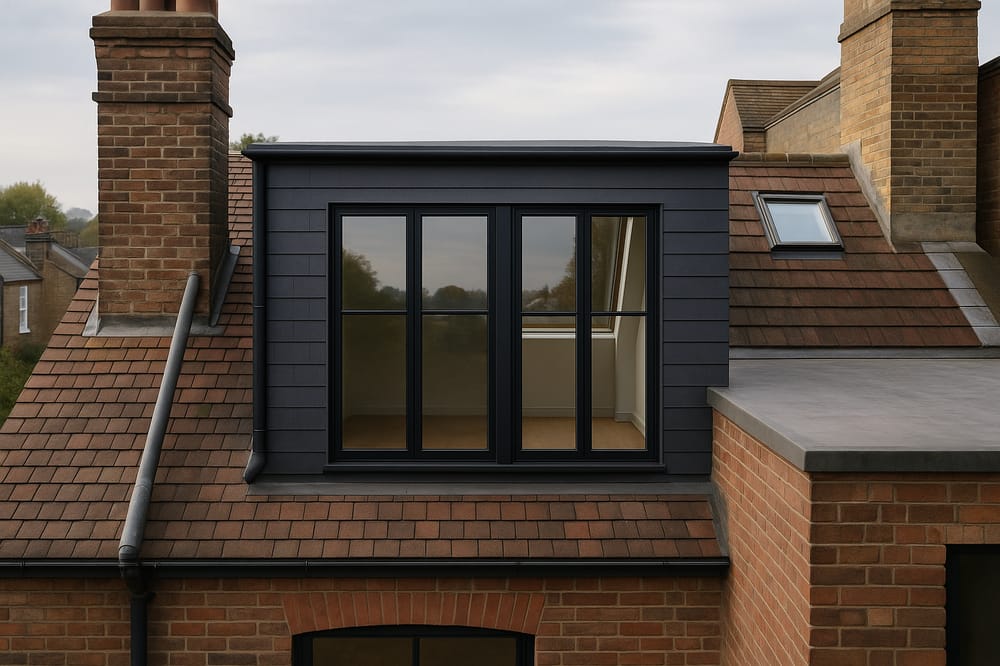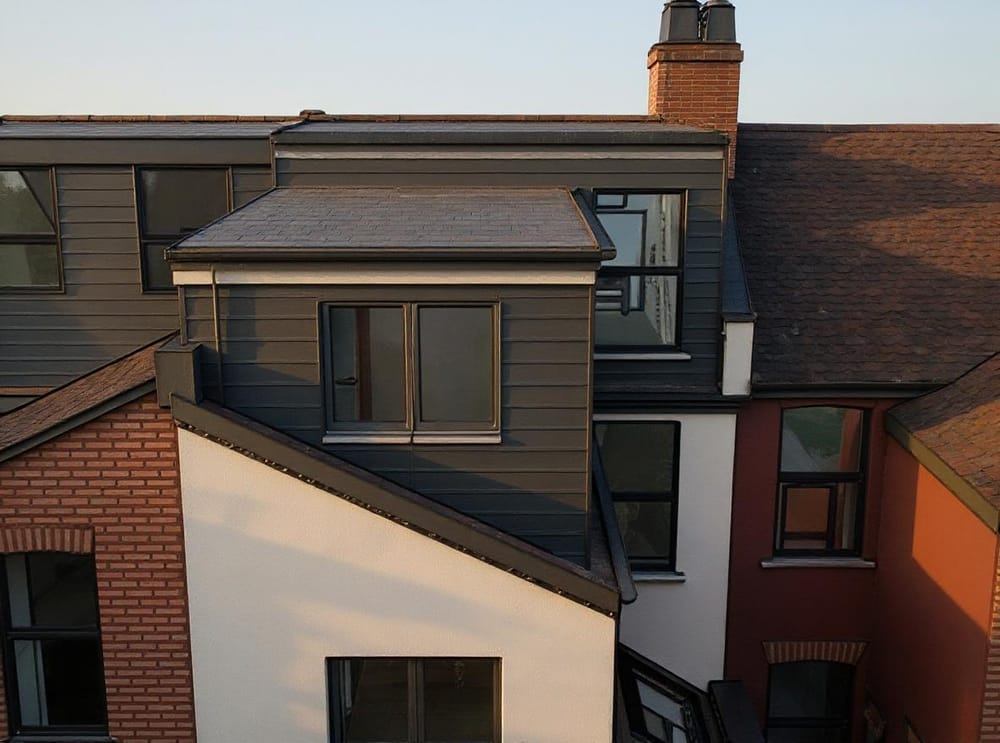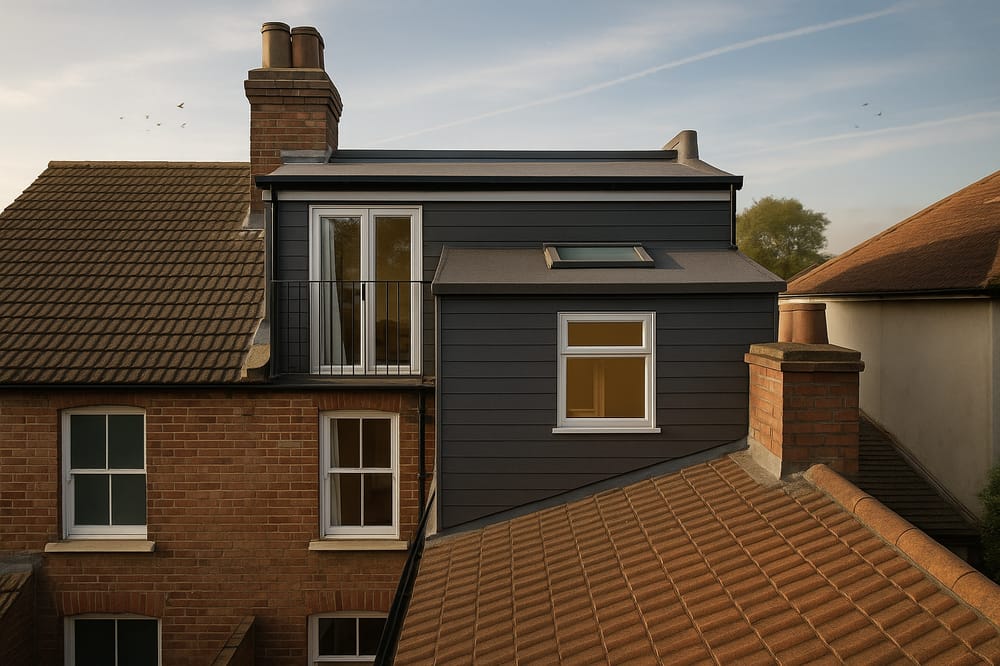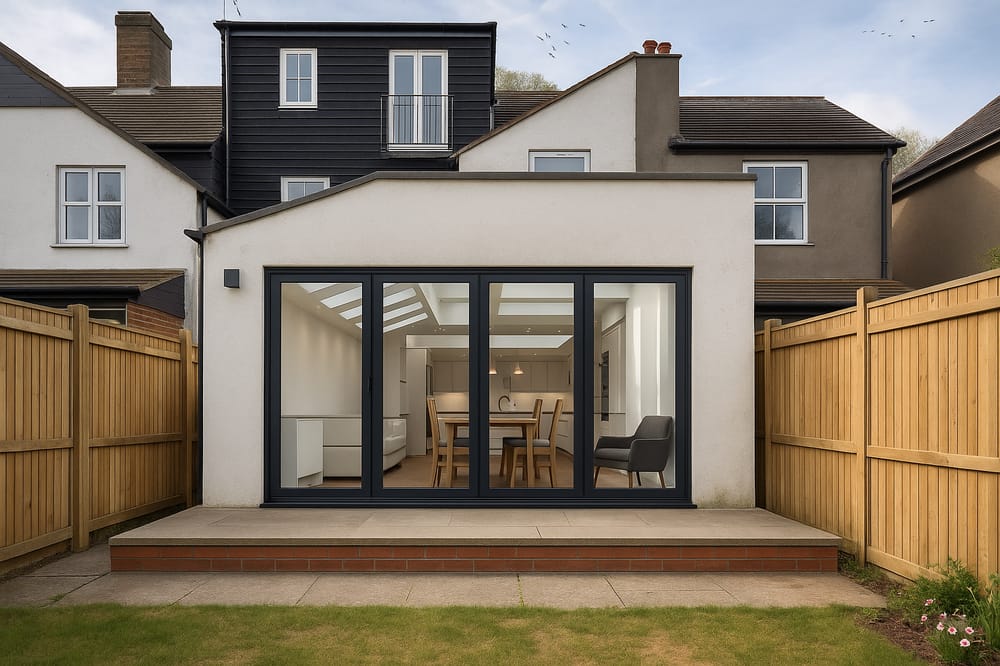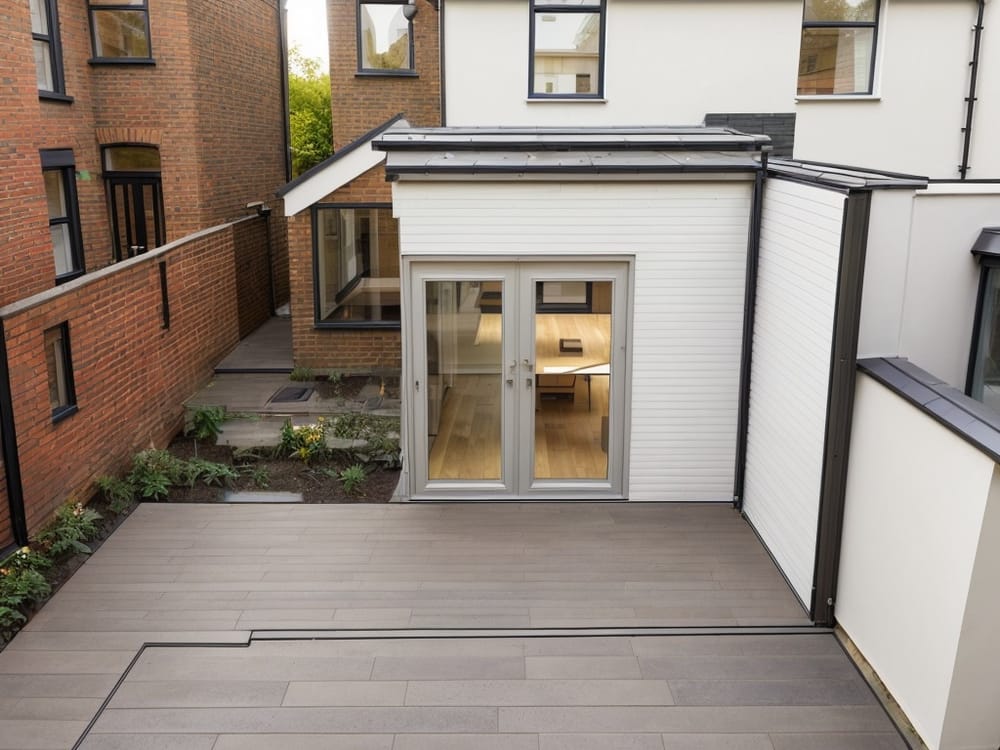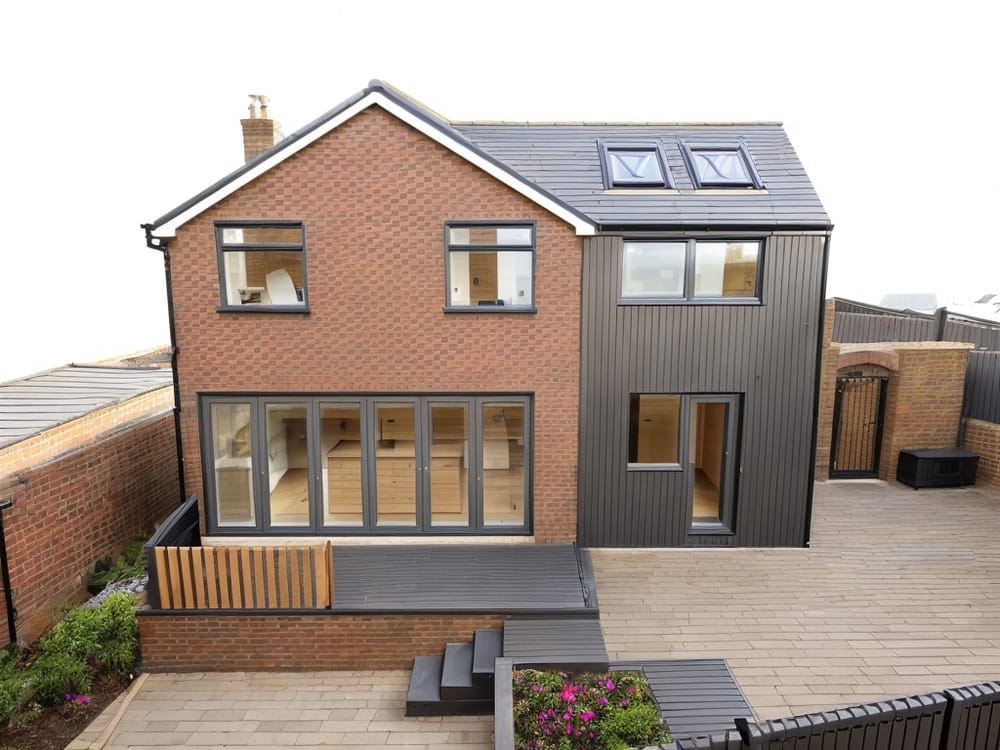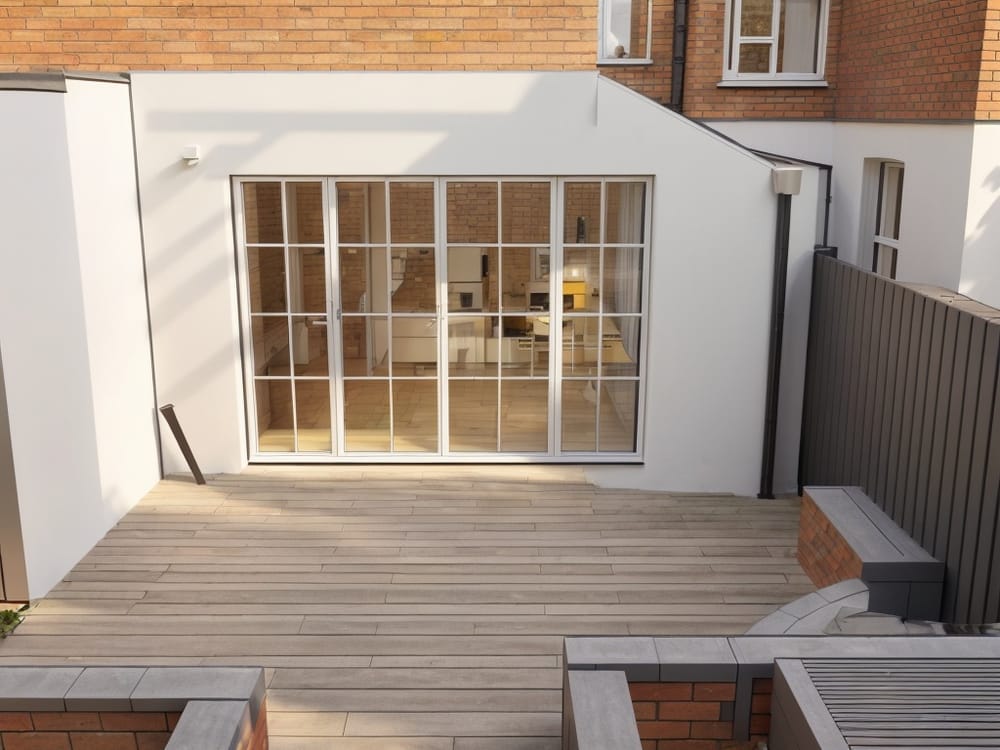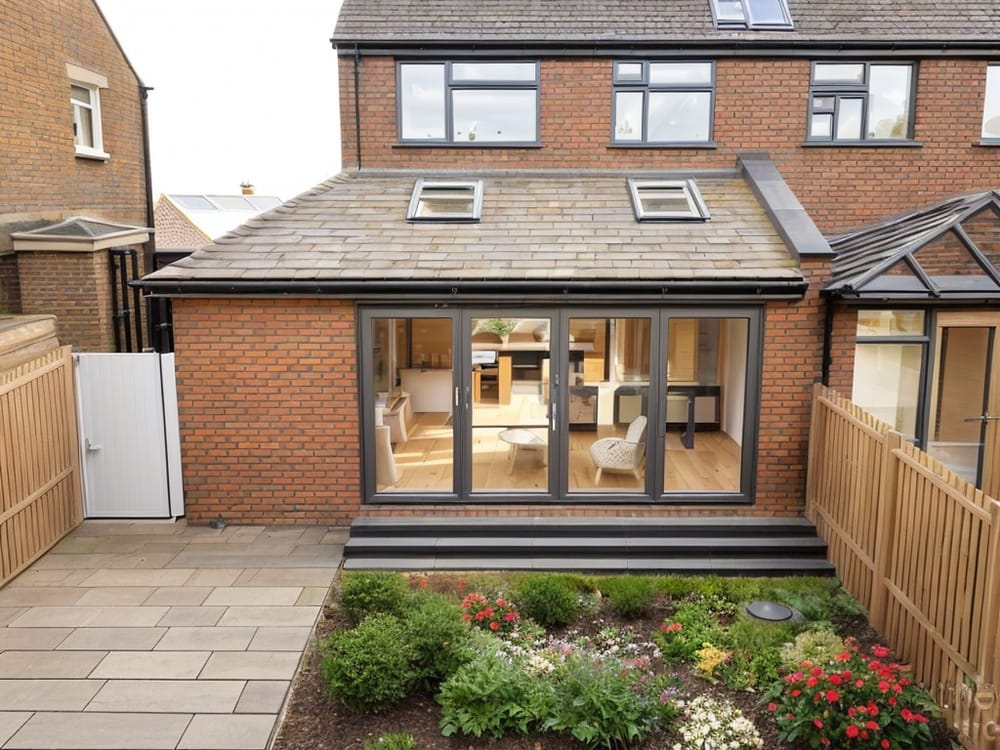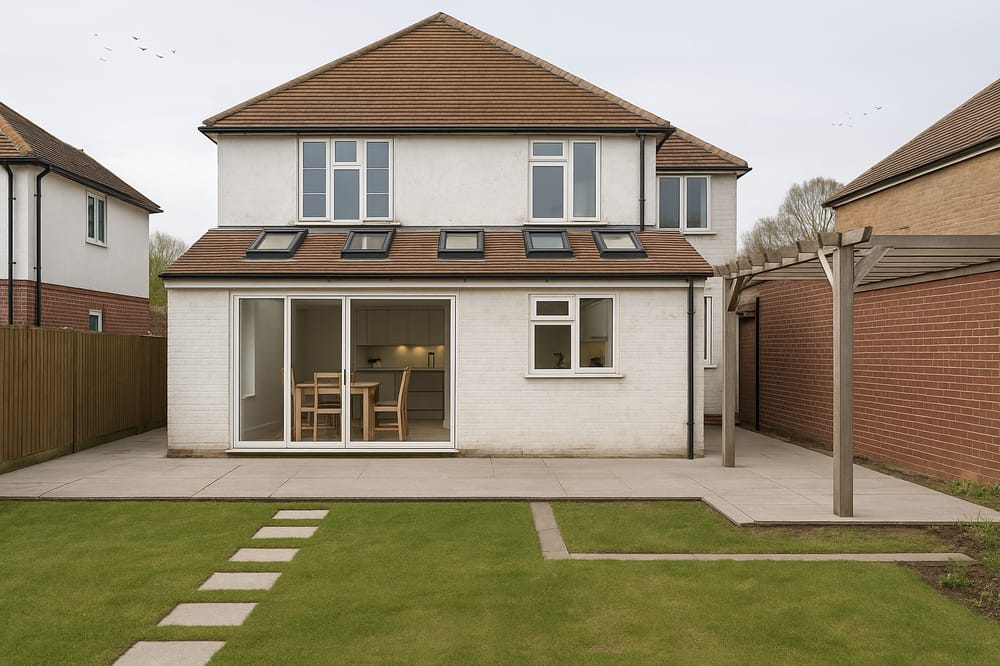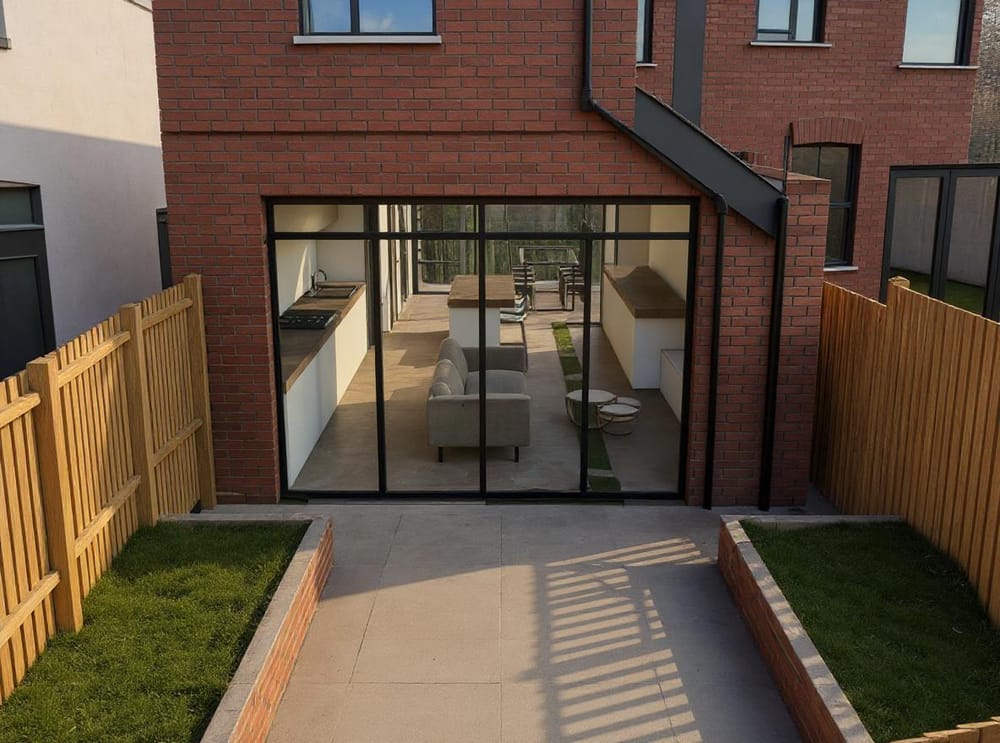If you’ve made it through the trials of planning and building regulations, it means you’re ready for the next leg of your journey: construction.
While many homeowners are eager to get their dream space built, too few know about how to get there safely.
Here’s what to look out for…
Going with the first available builder
Finding a builder with time on their hands might seem like a blessing but, in some cases, it could be a reflection of previous work. Good contractors tend to be in high demand so if you find one with nothing booked for months, make sure you're asking sensible questions.
Securing a builder before you’re ready
Speaking of timings and builders, when you sign up your contractor is important too. In an effort to get the best, some homeowners jump the gun and approach builders before planning or building regulations have been sorted.
This can be a mistake. One, because if planning is refused, your builder might not take too kindly to you pulling out. Second, a contractor can’t get a proper understanding of what work is required without the technical drawings produced during the building regulations stage. This means, whatever they quote, won’t be accurate and your budget could suffer as a result.
Not checking references
You should always endeavour to check in with at least three previous clients, not only talking to them on the phone (away from the contractor) but also by visiting the property yourself. You’ll want to check out recently completed projects but also work that was done a year or more ago, so you know that contractor’s work stands the test of time.
Our Connect service introduces you to vetted contractors who can help bring your designs to life during construction. We vet contractors by assessing them against a range of criteria amongst which are: whether or not they are Trustmark or FMB affiliated, whether they have the relevant insurances in place; an assessment of their past work; meeting minimum financial standards; and finally, references from both previous customers and trade.
Trusting a too good to be true price
We all love a bargain, but maybe not when it comes to your home.
Don’t make the common mistake of going with one of those ‘too good to be true’ quotes. Often, a contractor is only able to make such outlandish discounts because they’re not being honest about their costs. Before you sign of the dotted line, make sure every little detail is accounted for.
- Skip hire
- Making good
- Accommodating materials on site
Ask your architect to review the list of costs to make sure no important details have been left out.
Forgetting about the little things
On those smaller details, it’s not only about costs.
When drawing up your contract, make sure you’re inquiring about…
- What hours the team will be working
- How waste will be disposed of
- Whether they’ll bring a toilet to site
- What safeguards are in place for preventing delays?
- And are subcontractors being brought on board?
These are just some of the questions you should be asking. Understandably, if this is your first project, you might not consider these points. Again, this is why it helps to have an architect or project manager there to help guide you through.
Getting a bad payment plan
If there’s one big - BIG - piece of advice you take from this blog it’s this… get a good payment plan!
Despite construction taking up a major part of most people’s budget, very few people think about the payment plan they’ll be signing up for. A major red flag for any homeowner should be if the contractor requests money upfront. While a deposit is fine, the majority of the funds shouldn’t be released until the work has been assessed.
To protect your money and ensure the best build, set up assessment milestones. This means you’ll pay a deposit and release funding during key moments in the build - groundworks, bricklaying, window installation - and only once that stage has been assessed.
If you don’t feel comfortable assessing the work of a contractor, get a project manager on board to do this on your behalf.
Wrong or no insurance in place
One of the most important elements in a contract is insurance. By neglecting to ensure the proper insurance is in place, homeowners put themselves at risk of huge costs, court proceedings, and all the legal fees and damages that go alongside this.
To make sure you’re protected, we recommend making sure you have the following insurance in place…
- Public liability insurance - this will ensure that you’re covered in the event that someone is hurt on your site, or if the property is damaged.
- Employers’ liability insurance - it’s against the law for any contractor, who works for a company (whether someone else’s or their own), to not have this coverage. It’s there in the event the contractor is hurt on the job.
- Developer insolvency insurance - not essential but certainly recommended, this will protect you in the event your contractor goes bust, which is common amongst builder rogues.
Not factoring in living costs
While living at home during construction is the most cost-effective option, unfortunately, that’s not always possible.
Reasons why you might have to live elsewhere include…
- Water and power mains need to be turned off
- Property’s structure might be effected
- Only kitchen or bathroom will be out of action
- Dust could affect the health of occupants
- Waste might need to be removed by going through the rest of the home
If you’re banking on staying in your home during this time, you’ll need to check you and your family won’t be affected by any of the above. Establish this early on because if you can’t live in your home, you’ll need to factor in the cost of rent or other alternative living arrangements.
Putting fittings over materials
If faced with a choice between quality materials and sexy bespoke fittings, always go with the building materials.
While we all love fancy taps and those standing bathtubs, don’t forget that interior design features usually decrease in value over time. Whereas a quality build is more likely to give you a return for investment when it comes selling your property.
What’s more, nice fittings can be purchased gradually, whereas replacing cheap brick or bad windows is much more time and cost-intensive.
Overestimating your own abilities
DIY can be a great way of cutting costs but be honest about what you can achieve. Small jobs, such as putting down carpet, or painting the walls can easily be handled by beginners but, unless you’re a professional, leave the heavy lifting jobs to the experts. After all, it can often cost more to fix bad handiwork than it is to get a contractor to do it in the first place.
It’s also worth asking if you have the time to commit to being your own project manager too. Unless you can visit site every day and feel comfortable confront others about things not being up to standard, we also recommend getting a professional project manager on board.
Want an expert in your corner to spot mistakes before they happen? Speak to our team! We offer free advice calls to help guide you through your project. Book yours today.

